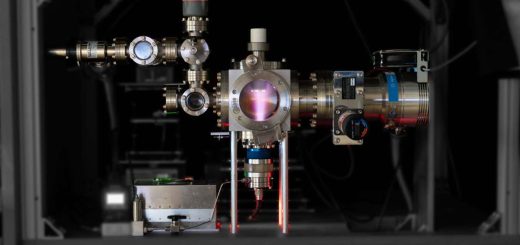Pain relief from the placebo effect may not actually involve dopamine
Dopamine was long thought to play a part in the placebo effect for pain relief, but a new study is questioning its true role
By Christa Lesté-Lasserre
24 September 2024
Dopamine (red) approaching one of its receptors (blue)
JUAN GAERTNER/SCIENCE PHOTO LIBRARY/ALAMY
The hormone and neurotransmitter dopamine is generally believed to be a driving force behind experiencing pain relief with the placebo effect, but it may actually play little or no part in the phenomenon.
The placebo effect occurs when someone’s medical symptoms are lessened through the power of suggestion and expectation, such as by taking a sugar pill. Dopamine, along with opioids and cannabinoids that are produced naturally in our bodies, was thought to be involved in this for pain relief specifically.
Read more
The new evidence that explains what anxiety really is
Advertisement
To get a clearer picture, Ulrike Bingel at University Hospital Essen in Germany and her colleagues teamed up with the Treatment Expectation research centre, also in Germany. The scientists asked 168 people, aged 18 to 40 and with no known medical conditions, to apply two creams to different parts of their arms, before being touched with a heated rod, which caused mild discomfort.
The creams were identical, but participants were told that one contained an active pain-relieving ingredient and the other was acting as a placebo.
Shortly before, the researchers asked the participants to take medications that suppressed dopamine, encouraged its release or didn’t alter its level.


